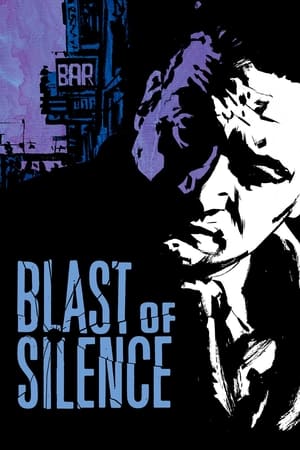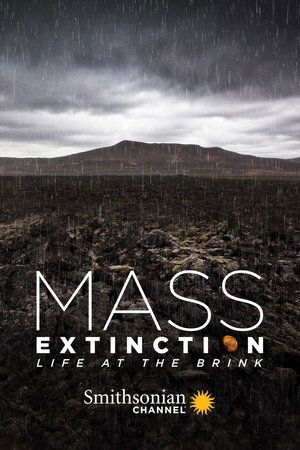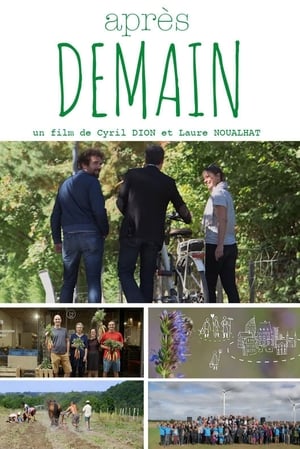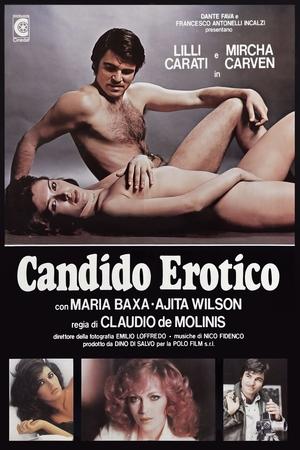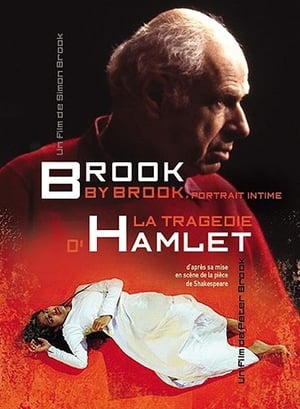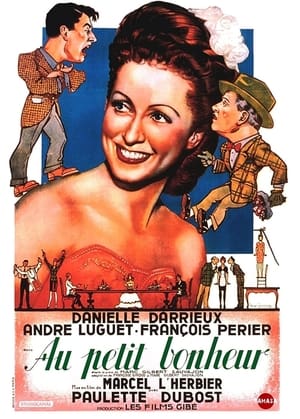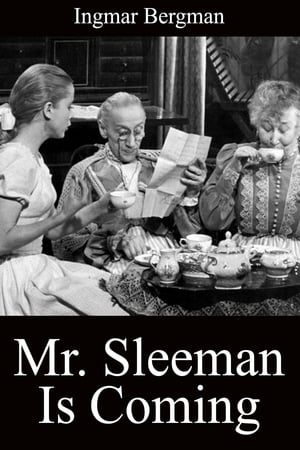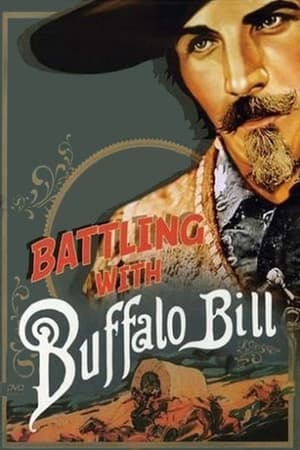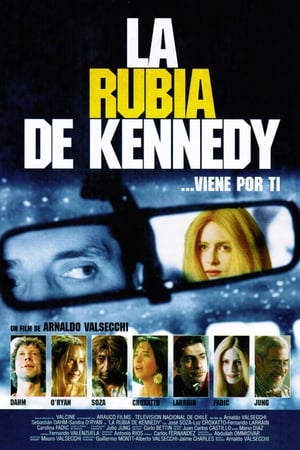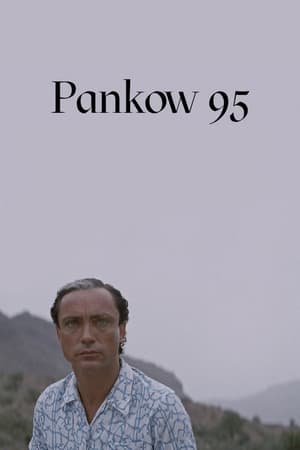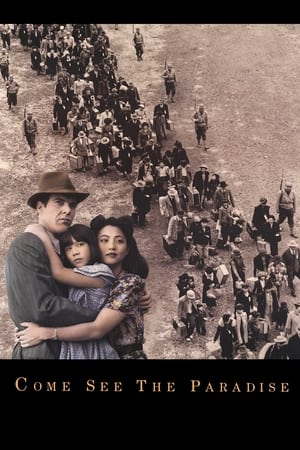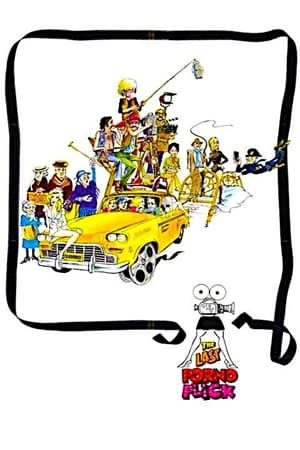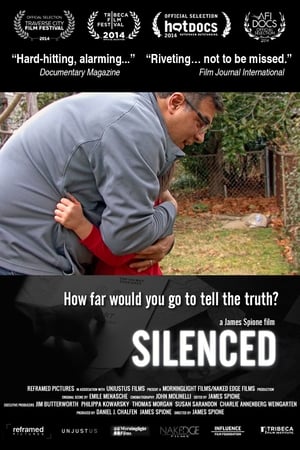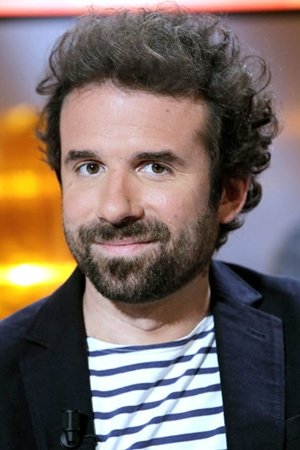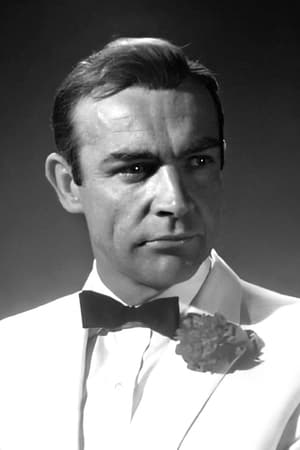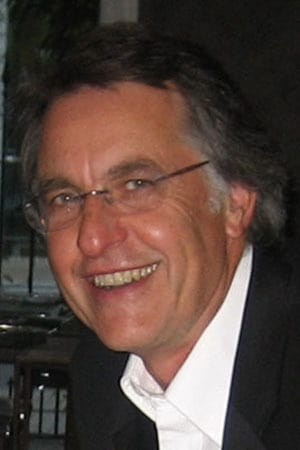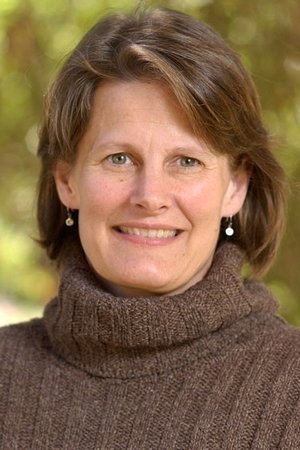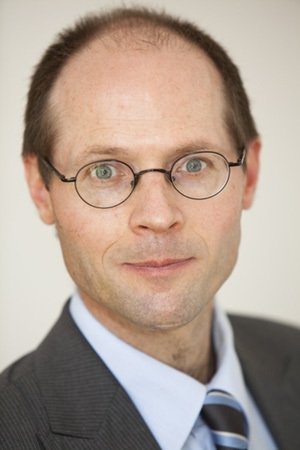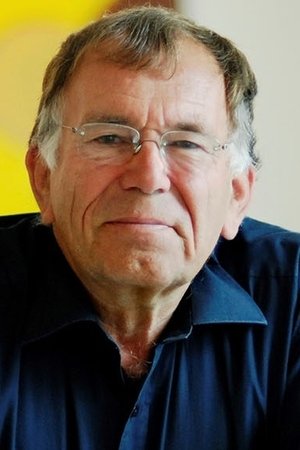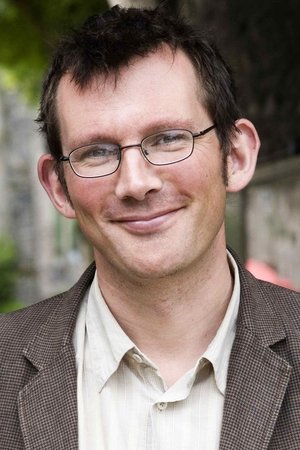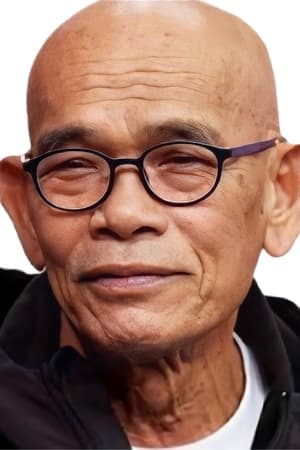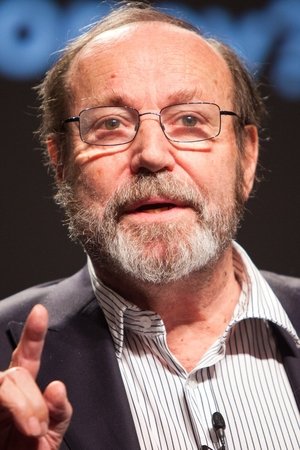Trending
Popular people
Cyril Dion
Biography
After initial training in foot reflexology, three years of study at the Jean-Périmony School of Dramatic Art and a very short career as an actor, Cyril Dion became project coordinator for the Hommes de Parole Foundation in 2003. He participated in the organisation of the Israeli-Palestinian Congress in Caux in 2003 and then, in 2005 and 2006, of the 1st and 2nd World Congresses of Imams and Rabbis for Peace in Brussels and Seville.
In 2007, he founded the Colibris Movement with Pierre Rabhi and a few friends, which he led until July 2013. He is still its spokesperson and member of the steering committee.
In 2010, he advised and co-produced with the Colibris the documentary Local Solutions for a Global Disorder by Coline Serreau.
In 2012 he co-founded the magazine Kaizen, of which he was editorial director from March 2012 to April 2014, and the collection "Domaine du Possible" published by Actes Sud, which he still directs with Jean-Paul Capitani.
Since the age of 17, he has been writing poetry, a process that led in 2014 to the publication of the collection Assis sur le fil by Editions de la Table Ronde.
He wrote and co-directed with Mélanie Laurent the documentary film Demain, which was released in the cinema on 2 December 2015, as well as two eponymous books published by Actes Sud. Demain won several awards, including the César for best documentary film in 2016, and was a huge success in cinemas, with over one million one hundred thousand tickets sold in France and broadcast in nearly 30 countries. In 2017 he published his first novel Imago, which won the Mediterranean Prize for First Novel.
In 2018 he directed Après Demain with Laure Nouhalat for France 2, which analyses the impact of the film Demain on society and meets the initiatives that have emerged from it. The same year he published "Petit Manuel de Résistance Contemporaine", which explores how narratives shape our societies and strategies for dealing with climate change and the collapse of biodiversity. In 2019 he begins shooting his new film Animal which will be released in early 2021.
Source : Cyril Dion. (n.d.). À propos. Retrieved January 4, 2022, from https://www.cyrildion.com/blank-1/
Read more
Sean Connery
Biography
Sir Thomas Sean Connery (August 25, 1930 – October 31, 2020) was a Scottish actor and producer who won an Academy Award, two BAFTA Awards (one being a BAFTA Academy Fellowship Award), and three Golden Globes, including the Cecil B. DeMille Award and a Henrietta Award.
Connery was the first actor to portray the character James Bond in film, starring in seven Bond films (every film from Dr. No to You Only Live Twice, plus Diamonds Are Forever and Never Say Never Again), between 1962 and 1983. In 1988, Connery won the Academy Award for Best Supporting Actor for his role in The Untouchables. His films also include Marnie (1964), Murder on the Orient Express (1974), The Man Who Would Be King (1975), A Bridge Too Far (1977), Highlander (1986), Indiana Jones and the Last Crusade (1989), The Hunt for Red October (1990), Dragonheart (1996), The Rock (1996), and Finding Forrester (2000).
Connery was polled in a 2004 The Sunday Herald as "The Greatest Living Scot" and in a 2011 EuroMillions survey as "Scotland's Greatest Living National Treasure". He was voted by People magazine as both the “Sexiest Man Alive" in 1989 and the "Sexiest Man of the Century” in 1999. He received a lifetime achievement award in the United States with a Kennedy Center Honor in 1999. Connery was knighted in the 2000 New Year Honours for services to film drama.
On 31 October 2020, it was announced that Connery had died at the age of 90.
Description above from the Wikipedia article Sean Connery, licensed under CC-BY-SA, full list of contributors on Wikipedia
Read more
Anthony Barnosky
Biography
Anthony David Barnosky is an ecologist, geologist and biologist (paleoecology). He was Professor at the Department of Integrative Biology at UC Berkeley until his retirement. His research is concerned with the relationship between climate change and mass extinctions.
Barnosky graduated in 1974 with a bachelor's degree in geology from Colorado College. This was followed by a master's degree (1980) and a Ph.D. (1983) in Earth Sciences at the University of Washington. He is married to Elizabeth A. Hadly, who works in the same field.
His work on tipping elements in the Earth System has led Barnosky to work for clearer efforts in climate policy to make possible the two-degree target for increase in average temperature rise. Barnosky stresses that climate change is a major cause of displacement and the cause of the current mass extinction.
A key concern is the concept of "tipping point": Localized ecological systems are known to shift abruptly and irreversibly from one state to another when they are forced across critical thresholds. Here we review evidence that the global ecosystem as a whole can react in the same way and is approaching a planetary-scale critical transition as a result of human influence. The plausibility of a planetary-scale 'tipping point' highlights the need to improve biological forecasting by detecting early warning signs of critical transitions on global as well as local scales, and by detecting feedbacks that promote such transitions. It is also necessary to address root causes of how humans are forcing biological changes.
Source: Article "Anthony David Barnosky" from Wikipedia in English, licensed under CC-BY-SA 3.0.
Read more
Elizabeth Hadly
Biography
Elizabeth Hadly (born 1958) is a professor in the Department of Biology at Stanford University, and holds the Paul S. and Billie Achilles Chair of Environmental Science. Her research interests include links between ecology and evolution, and understanding of the impacts of the Anthropocene.
Hadly studied anthropology at University of Colorado Boulder. She then studied for a masters in quaternary science at Northern Arizona University in Flagstaff. Her PhD research in integrative biology was awarded by the University of California, Berkeley.
In September 2016, Hadly became faculty director for the Stanford Jasper Ridge Biological Preserve. Since 2018, she has also been a professor at the Howard Hughes Medical Institute.
Hadly has numerous published scholarly papers. With Anthony Barnosky and others, she co-authored a 2012 Nature paper on climatic 'tipping points' and is also co-author, with Barnosky, of Tipping Point for Planet Earth, How Close Are We to the Edge? (2016). She and Barnosky appeared in the 2015 documentary film, Tomorrow.
Source: Article "Elizabeth Hadly" from Wikipedia in English, licensed under CC-BY-SA 3.0.
Read more
Olivier De Schutter
Biography
Olivier De Schutter (born 20 July 1968) is a Belgian legal scholar specialising in economic and social rights. He served as the United Nations Special Rapporteur on the right to food from 2008 to 2014. He is a Professor of international human rights law, European Union law and legal theory at the University of Louvain (UCLouvain) in Louvain-la-Neuve, Belgium, as well as at the College of Europe and at Sciences Po in Paris. He was a regular visiting professor at Columbia University between 2008 and 2012 and has regularly contributed to the American University Washington College of Law's Academy on Human Rights and Humanitarian Law. He is the first chair of the Belgian Advisory Council on Policy Coherence for Development and he co-chairs the International Panel of Experts on Sustainable Food Systems (IPES-Food), a group of experts from various disciplines and regions who work together towards developing proposals for food systems reform. A Member of the UN Committee on Economic, Social and Cultural Rights between 2015 and 2020, he was appointed the UN Special Rapporteur on extreme poverty and human rights, and took up his functions on May 1, 2020.
The son of a diplomat, his primary and high school education took place in Bombay (now Mumbai), India; Jeddah, Saudi Arabia; and Kigali, Rwanda. He studied law at the University of Louvain (UCLouvain), Panthéon-Assas University and Harvard University, before obtaining a Ph.D. from the UCLouvain. His doctoral thesis, a comparative study of the role of courts in fundamental rights adjudication, was published in French as Fonction de juger et droits fondamentaux. Transformation du contrôle juridictionnel dans les ordres juridiques américain et européens, Bruxelles, Bruylant, 1999, 1164 pp. His subsequent publications are in the areas of governance and human rights, with a particular focus on the issue of globalization and human rights and economic and social rights more generally, and on the protection of fundamental rights in the European Union. Among his books on human rights are International Human Rights Law. Cases, Materials, Commentary, initially published by Cambridge University Press in 2010 and which went through a second and third, revised editions in 2014 and 2019. He also published extensively on economic globalization and human rights, most notably advocating in favor of improving linkages between trade policies and labour rights and environmental standards (Trade in the Service of Sustainable Development, Hart/Bloomsbury, 2015) and making proposals for a more sustainable and democratic governance of natural resources, such as land and water (Governing Access to Essential Resources, Columbia Univ. Press, 2016, co-edited with K. Pistor; and Foreign Direct Investment and Human Development, Routledge, 2012, co-edited with J.F. Swinnen and J. Wouters). ...
Source: Article "Olivier De Schutter" from Wikipedia in English, licensed under CC-BY-SA 3.0.
Read more
Jan Gehl
Biography
Jan Gehl (born 17 September 1936, Copenhagen) is a Danish architect and urban design consultant based in Copenhagen whose career has focused on improving the quality of urban life by re-orienting city design towards the pedestrian and cyclist. He is a founding partner of Gehl Architects.
Gehl received a Masters of Architecture from the School of Architecture at the Royal Danish Academy of Fine Arts (KADK) in Copenhagen in 1960, and practiced architecture from 1960 to 1966. In 1966 he received a research grant from KADK to study " the form and use of public spaces"; his book Life between Buildings (1971) reports his studies of public life in public spaces, and develops his theories about how city planning and architecture influence public life. He became a professor of urban planning at KADK, and a visiting professor around the world. He co-founded Gehl Architects in 2000 with Helle Søholt, held a Partner position until 2011, and remains a Senior Advisor.
As a "young architect working in the suburbs," Gehl married a psychologist and "had many discussions about why the human side of architecture was not more carefully looked after by the architects, landscape architects, and planners... My wife and I set out to study the borderland between sociology, psychology, architecture, and planning."
Gehl first published his influential Life Between Buildings in Danish in 1971, with the first English translation published in 1987. Gehl advocates a sensible, straightforward approach to improving urban form: systematically documenting urban spaces, making gradual incremental improvements, then documenting them again. In 2012 the book is translated into a film by the same name, exhibited in a 24 meters curved room at the "New Nordic Architecture" exhibition Louisiana Museum of Modern Art and later at the Venice Biennale for Architecture.
Gehl's book Public Spaces, Public Life describes how such incremental improvements have transformed Copenhagen from a car-dominated city to a pedestrian-oriented city over 40 years. Copenhagen's Strøget carfree zone, one of the longest pedestrian shopping areas in Europe, is primarily the result of Gehl's work.
Gehl participates in and advises many urban design and public projects around the world:
- In 2004 he carried out an important study in to the quality of the public realm in London, commissioned by Central London Partnership and Transport for London, and supported City of Wakefield and the town of Castleford in developing and delivering better public spaces, as part of an initiative known as "The Castleford Project".
- In 2007–08 he was hired by New York City's Department of Transportation to re-imagine New York City streets by introducing designs to improve life for pedestrians and cyclists. The DOT used Gehl's work to "directly inform" the implementation of their new urban planning and design policies and projects.
- Gehl has been influential in Australia and New Zealand as well, where he prepared Public Life studies for the city centres of Melbourne (1994 and 2004), Perth (1995 and 2009), Adelaide (2002) Sydney (2007), Auckland (2008), Wellington (2004), Christchurch, Launceston and Hobart (2010). ...
Source: Article "Jan Gehl" from Wikipedia in English, licensed under CC-BY-SA 3.0.
Read more
Rob Hopkins
Biography
Rob Hopkins is an activist and writer on environmental issues, based in Totnes, England. He is best known as the founder and figurehead of the Transition movement, which he initiated in 2005. Hopkins has written six books on environmentalism and activism.
According to Bill McKibben, "there’s no one on earth who's just done more [environmental] stuff – and inspired more doing – than Rob Hopkins".
Born in Chiswick, London, Hopkins grew up in London until the age of 12, when he moved to Wiltshire, attending St John's School, before then moving to Bristol where he went to the Bristol Waldorf School for two years, followed by Henbury School to earm his A Level. This was followed by an art foundation course at Bower Ashton Art College, also in Bristol.
From 1988, he spent two and a half years living at Istituto Lama Tsong Khapa, a Tibetan Buddhist monastery in Tuscany, Italy, working as the house manager. He then spent a year travelling in India, Pakistan (including a visit to the Hunza Valley), China, Tibet, Hong Kong and then back to India where he met Emma, who has been his partner since then. They settled in Bristol, where Rob earned a degree in Environmental Quality & Resource Management at the University of the West of England, and also undertook his Permaculture Design Course.
Hopkins holds a first class Honours degree in environmental quality and resource management from the University of the West of England (1993-1996), a Master of Science in social research (2007) and a doctorate at Plymouth University (2011) on the subject of transition (Localisation and Resilience at the Local Level: The Case of Transition Town Totnes). He is a visiting fellow at Plymouth University, and in July 2013 was awarded an honorary doctorate by the University of the West of England. The 4 October 2016, he was awarded an honorary doctorate by the University of Namur.
Ireland (1996–2005)
In 1996, Rob and his family moved to south-west Ireland, to West Cork. He initially worked with An Taisce West Cork, writing and illustrating a booklet called Woodlands for West Cork!. He began teaching permaculture, initially as short courses, and building up to running full design courses, initially as an evening class. Together with another family, he and Emma set up Baile Dulra Teoranta, a charity, with the intention of creating an ecovillage project. In 1999, with another family, they bought The Hollies, a farm near Castletown, Enniskeane. After a few years, they were granted planning permission for an ecovillage development.
In 2001, he started and taught the Practical Sustainability course at Kinsale Further Education College, initially as a one-year course, and later as the first two-year Permaculture course in the world. Between 2003 and 2005, its students built the Wooden O Theatre, an amphitheatre using local materials. The Hollies Centre for Sustainability ran a series of courses in natural building and built two new cob houses, using local materials. In October 2004, Rob and Emma's house was destroyed in a fire. ...
Source: Article "Rob Hopkins" from Wikipedia in English, licensed under CC-BY-SA 3.0.
Read more
Suthep Pongam
Biography
Suthep Pongam, also known by his stage name Thep Pongam, is a Thai comedian, actor, film director and screenwriter. He played the leader of a gang of inept hitmen in "Killer Tattoo". A popular comedian in Thailand, Thep at one time led a comedy troupe that included Petchtai Wongkamlao, whom he co-starred with in Killer Tattoo.
Other roles have included the slayer of zombies in SARS Wars, an aged heavy metal rock star in Rock Not Die and an imposter doctor in Dumber Heroes. He performed the voice for the elderly mahout in the 2006 Thai animated feature, Khan Kluay.
On 3 November 2009, the Supreme Court of Justice of Thailand affirmed the judgments of the lower courts—the Central Bankruptcy Court and the Central Appeal Court—adjudging Suthep bankrupt and ordered his property to be under an absolute receivership. The judgment came after Suthep failed, for years, to pay in instalment for the 3,000,000-baht costs of five townhouses he purchased in Phatthaya. In its judgment, the Supreme Court remarked: "The property being owned by the defendant (Suthep) costs only 800,00 baht and, hence, cannot cover the debts claimed by the plaintiff (KT Bank). Citing to have 300,000-baht monthly income, the defendant refused to prove how much his monthly expenses are. Deeming the allegation of the defendant is indistinct, the Supreme Court of Justice, hereby, adjudges the defendant bankrupt and orders an absolute receivership as requested by the plaintiff."
Read more
Bernard A. Lietaer
Biography
Bernard Lietaer (7 February 1942 – 4 February 2019) was a Belgian civil engineer, economist, author and professor. He studied monetary systems and promoted the idea that communities can benefit from creating their own local or complementary currency, which circulate parallel with national currencies.
Bernard Lietaer was born on 7 February 1942 in Lauwe, Belgium. He attended College of St Paul, Godinne from 1955 to 1961. He studied engineering at the Catholic University of Leuven, in Belgium, where, later in life, he held an assistant professorship of international finance. During his engineering studies, he was a member of the debating union Olivaint Conference of Belgium. After obtaining his M.Sc. in 1967, he went on to continue his studies at the MIT until 1969.
Lietaer's post-graduate thesis, published in 1971, included a description of "floating exchanges". The Nixon Shock of that same year eradicated the Bretton Woods system by decoupling the US dollar from the gold standard and inaugurated an era of "universal floating exchanges". Prior to that time, the only "floating exchanges" involved some Latin American currencies. The techniques which he had developed for marginal, Latin American currencies were for a time the only systematic research that could be used to deal with the major currencies of the world. A US bank negotiated exclusive rights to his approach and Lietaer began another career.
In 1987, he co-founded a currency-management firm, called GaiaCorp, and managed the offshore currency fund "Gaia Hedge II", which during the 1987-91 period was the world's top performing managed currency fund. His biography cites the Micropal survey of 1,800 off-shore funds.
In the preface to his book The Future of Money: Beyond Greed and Scarcity, Lietaer claimed: "We almost tripled the money in three years". Business Week named him "the world’s top currency trader" in 1992.
From 2003 to 2006, he was a visiting scholar at Naropa University, USA, where he created the university's Marpa Center for Business and Economics.
While at the Central Bank in Belgium, he implemented the convergence mechanism (ECU) to the single European-currency system. During that period, he also served as President of Belgium's Electronic Payment System.
In an 2007 interview, Lietaer claimed that diversified, internationally valid currencies can help "address specific needs and enable certain exchanges – whether to fight global warming, promote employment or facilitate education and health care."
In 2012, he was co-author, along with Christian Arnsperger, Sally Goerner, and Stefan Brunnhuber, of Money & Sustainability: the missing link, a publication of The Club of Rome, in which he predicted that "the period 2007-2020 [would be] one of financial turmoil and gradual monetary breakdown."
At the time of his death, Lietaer lived in Hoyerhagen, in northern Germany. Source: Article "Bernard Lietaer" from Wikipedia in English, licensed under CC-BY-SA 3.0.
Read more
Vannessa Nevader
Biography
Vannessa Nevader was born in Caracas, Venezuela. Her passion for acting started at the Universidad Metropolitana in Caracas where she studied theater for a year. Moving to Orlando, Florida she enrolled at the University of Central Florida where she took several courses in film while completing her bachelors degree in Business Marketing. Upon graduating, she moved to Miami and entered The Jorvi Entertainment Group and later The Acting School of South Florida where she honed her talents. Taking several acting workshops with renowned casting director Lori Wyman and actors/professors Sebastian Ligarde, Flor Nunez, and Hector Zavaleta gave her a career boost that lead her to land roles for Telemundo and Venevision Productions in several soap operas and TV series including Dame Chocolate, Valeria, and Desaparecidos. Vannessa has also worked in independent films such as La Mujer De La Noche, Kill Thrill, A Spanish Woman's Guide to Finding a Good Husband, The Scapular (which was an official entry in The Chicago Short Film Brigade), Brake (which won the award for best acting), Crossroads, among others.
Read more

